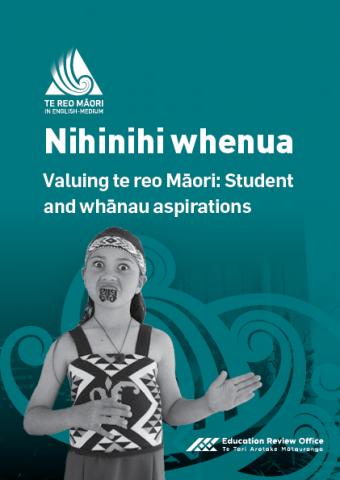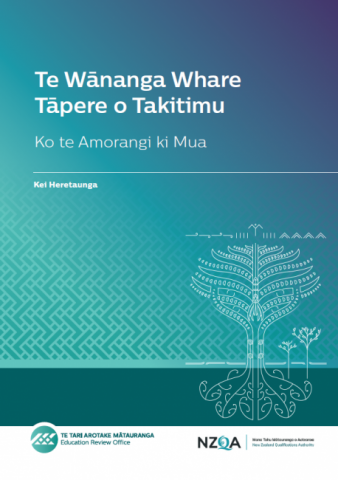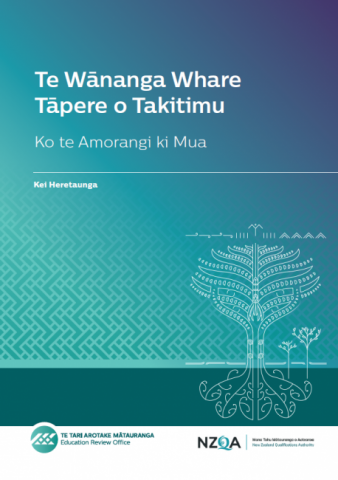An evaluation mindset
Published: 04 Sep 2017
Senior leaders talk about the approach and processes associated with doing and using evaluation for improvement.
- Audience:
- Education
- Parents
- Schools
- Content type:
- Research
- Topics:
- Video
- Improvement in Action Te Ahu Whakamua


